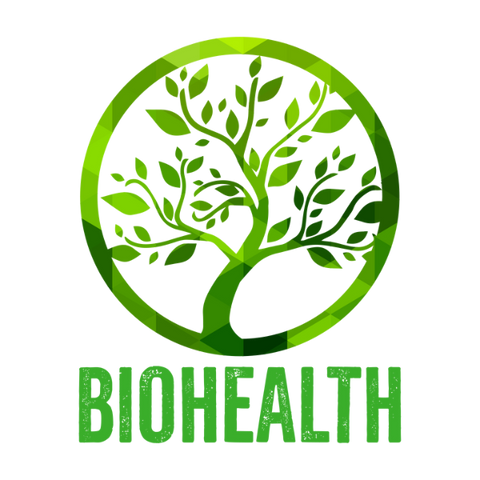The Importance of Rest and Recovery: How to Optimize Your Progress

In the pursuit of fitness goals, many of us focus intently on our workout routines, diet plans, and supplementation. However, an often-overlooked aspect of achieving optimal progress is rest and recovery. Whether you're a seasoned athlete or just starting your fitness journey, understanding the importance of rest and recovery can significantly impact your results. Balancing a busy lifestyle with effective recovery strategies is crucial for sustained progress and overall well-being.
Why Rest and Recovery Are Essential
1. Muscle Repair and Growth: During exercise, especially strength training, your muscles undergo tiny tears. It's during the rest periods that your body repairs these muscles, making them stronger and larger. Without adequate rest, muscles do not have the time to recover, which can hinder your progress and increase the risk of injury.
2. Preventing Injury: Overtraining can lead to chronic injuries, burnout, and decreased performance. Rest and recovery allow your body to heal and adapt to the stress of training, reducing the likelihood of injuries and ensuring you can continue to train effectively.
3. Mental Well-being: Physical rest is important, but so is mental rest. Constantly pushing your body without adequate downtime can lead to mental fatigue, stress, and a decrease in motivation. Taking time to rest helps in maintaining a healthy balance and keeps your motivation levels high.
4. Improved Performance: Proper rest and recovery can enhance your performance in subsequent workouts. By allowing your body to recover fully, you ensure that you're performing at your best, which is essential for achieving your fitness goals.
How to Optimize Rest and Recovery
1. Prioritize Sleep: Aim for 7-9 hours of quality sleep per night. Sleep is when your body goes into repair mode, releasing growth hormones that aid in muscle recovery and overall rejuvenation.
2. Incorporate Active Recovery: Engage in low-intensity activities like walking, yoga, or light stretching on your rest days. Active recovery helps in maintaining blood flow to the muscles, reducing soreness, and promoting healing.
3. Hydrate and Nourish: Proper hydration and nutrition are critical for recovery. Ensure you're drinking enough water and consuming a balanced diet rich in protein, healthy fats, and carbohydrates to support muscle repair and energy replenishment.
4. Use Recovery Techniques: Consider incorporating techniques like foam rolling, massages, and contrast baths (alternating between hot and cold water) to alleviate muscle soreness and improve circulation.
5. Listen to Your Body: Pay attention to signs of overtraining, such as persistent fatigue, irritability, and decreased performance. If you notice these symptoms, it may be time to take a break or reduce the intensity of your workouts.
6. Schedule Rest Days: Plan regular rest days into your workout routine. These days are essential for allowing your body to recover and should not be seen as a setback but as a vital component of your training program.
Rest and recovery are not just about taking time off from the gym; they are about giving your body the necessary tools to adapt, grow, and perform better. By prioritizing rest and incorporating effective recovery strategies, you can optimize your progress, prevent injuries, and maintain a balanced, healthy lifestyle. Remember, achieving your fitness goals is not just about how hard you work but also how well you recover. Take care of and listen to your body, and it will take care of you.
